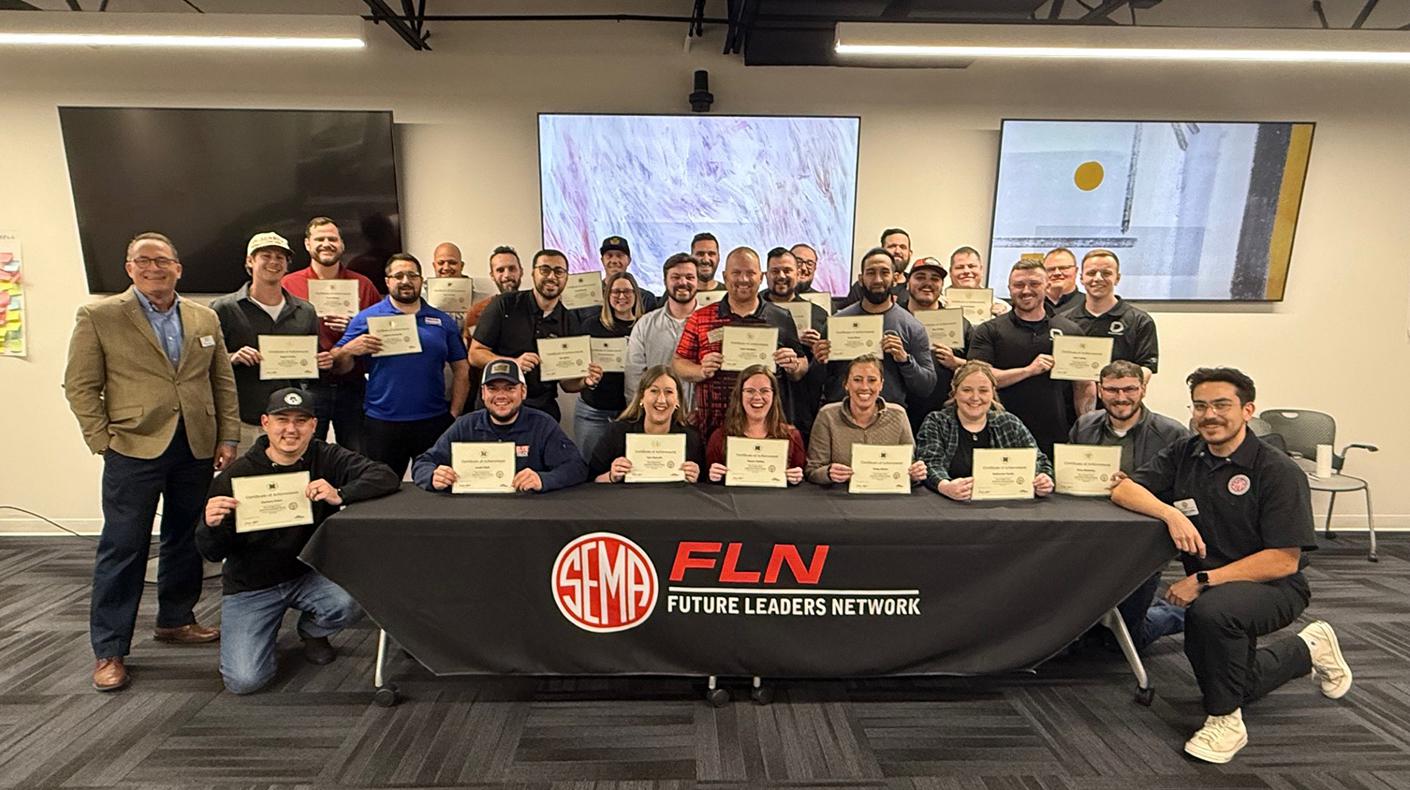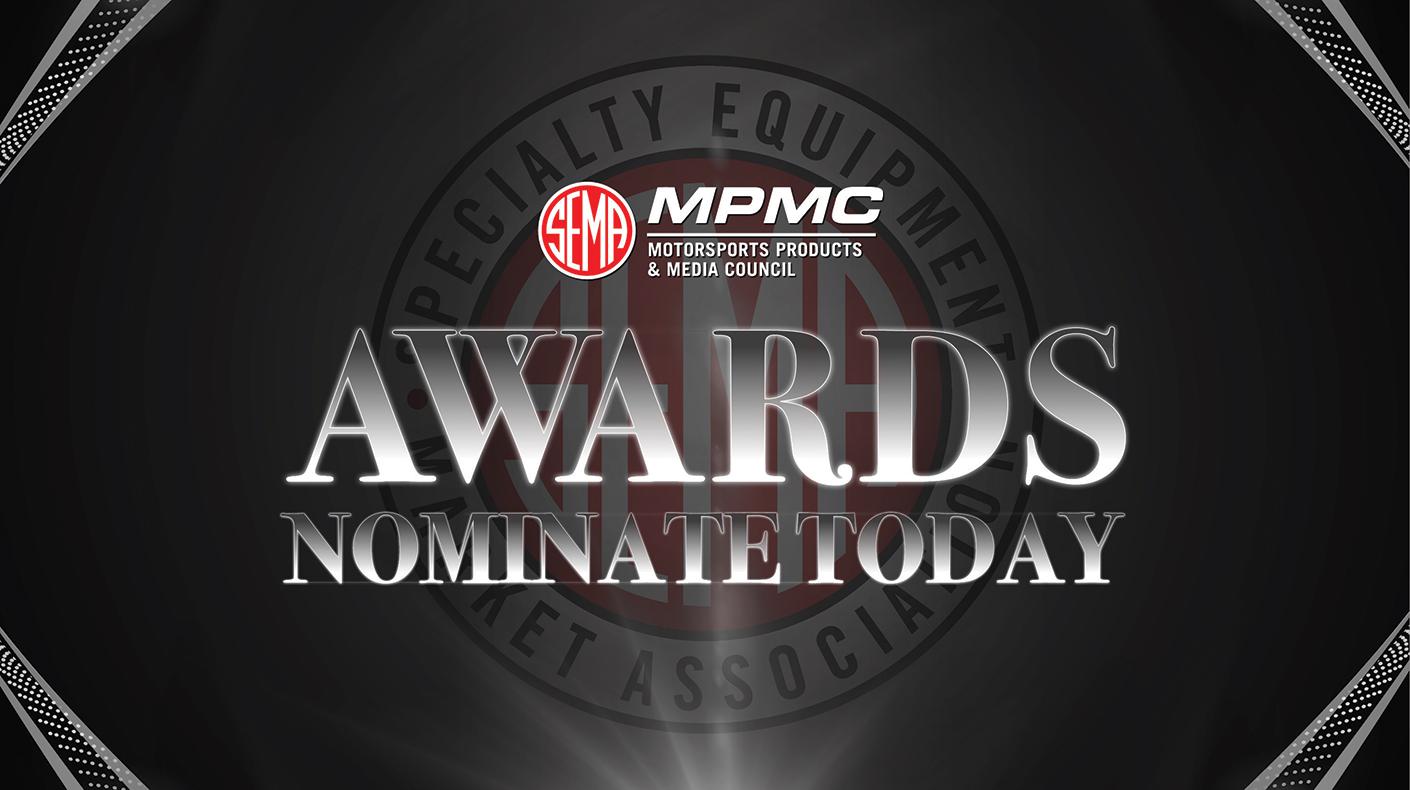 |
| The youth and newness of China's tuning scene gives technology-driven foreign brands an advantage over domestic competitors, says one importer. |
The short history of China’s automotive modification industry gives foreign brands a leg up on local competitors, said Mr. Liu Qingfeng, owner of a business-to-business website selling imported products. He is optimistic about the future for foreign brands in China, especially those that are technology-driven.
“I don't think the local brands of the performance products will be competitive in five years because it's really a field that requires a lot of experience,” he told SEMA. "Foreign brands have the most potential in the performance sector because of the high technological content.”
Consumers in China began buying light vehicles for personal use less than a decade ago. Before that, the government was the main vehicle buyer.
Modification has been slow to develop, hampered by rules prohibiting many modifications and the lack of information about car customization. But that is changing. Working together, SEMA and the China International Auto Parts Expo encouraged the government to approve a list of more than 500 vehicle modification types in late 2008.
That is bound to grow. And in a market that has grown by more than 50% in some years, car enthusiasts have been finding ways to personalize their vehicles despite the restrictions. Liu said that his business has increased by up to 50% annually in recent years.
Liu’s online business, www.carnetmotor.com, sells motor oil, oil filters, brake pads, suspension products and other accessories. It's an authorized dealer for K&N filters; Honeywell, which produces Fram oil filters; Amsoil motor oil; and Cusco suspension products. It is based in the city of Shenzhen, in the south China province of Guangdong. The city is on the border with Hong Kong’s New Territories.
According to Liu, motor oil accounts for around 40% of his sales, but sales of all his product lines are growing rapidly. Brake products are showing especially robust growth due to rising concerns among Chinese drivers about safety.
Carnet’s business model is unusual for China’s modification market because it is a fully online business. Liu started Carnet in 2005 selling to consumers. By 2007, however, he switched to a pure business-to-business model. Most of his customers are tuner shops. U.S. brands account for 70% of the products he sells. Japanese products make up around 20% and European products account for the rest.
Although Carnet’s sales are nationwide, Guangdong province accounts for about half his sales, according to Liu. He attributes this to the relatively high income level of Guangdong residents. The city of Shenzhen, were Carnet is based, had China’s highest average GDP per capita in 2009 at USD$13,754.
Liu also says that the influence of nearby Hong Kong’s thriving tuner culture was another reason that business was so good in Guangdong.
“Guangdong is very near to Hong Kong, so the ideas are quite similar to the United States and Japan, where modification is very popular,” he said.
China has a thriving car club culture, and working with car clubs has provided Liu with a great way to market his products. For example, the imported Subaru brand is very popular among auto enthusiasts because it is very suitable for modifications. China’s 40,000 Subaru owners stay in touch through car clubs and exchange customization experiences. They have become a good market for imported brake products, according to Liu.
“We found that about 40% of Subaru consumers seek high-performance products,” said Liu.
While changing the regulations that make modifications illegal would help Liu's business immensely, more technical support from foreign companies he feels would be ideal as well. He has difficulty selling certain products simply due to lack of installation examples. Aside from the government's rules about vehicle modifications and the lack of technical support, Liu is optimistic about the future for imported performance products in China.
Liu feels that the legal system will continue to evolve and allow more modifications and consumers will become more knowledgeable about modifications. He has plans to try selling directly to consumers online again in the future.
“In five years, there can be a good performance-product culture in China,” he said.
For more information on the China market, visit www.sema.org/china or contact Linda Spencer at lindas@sema.org.





